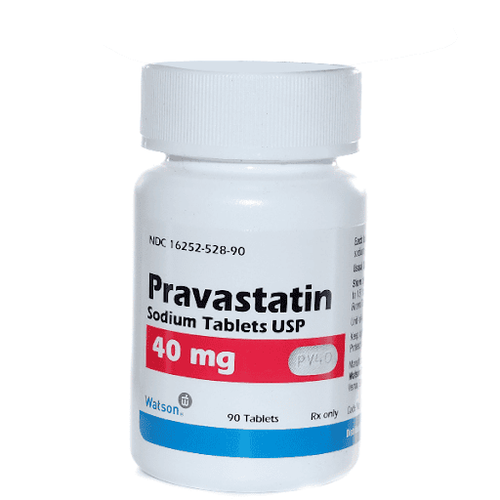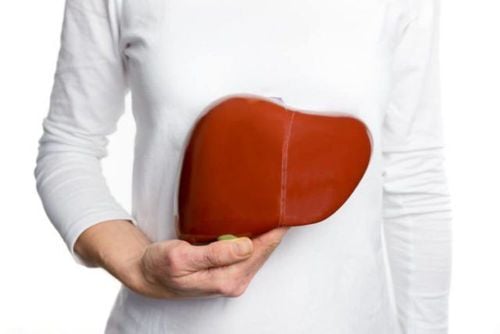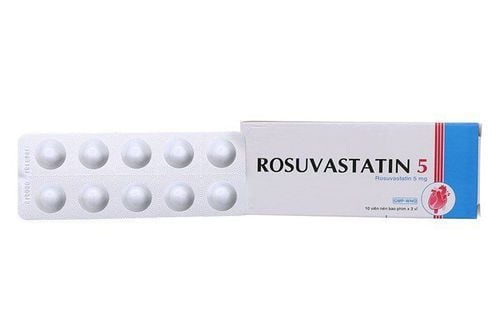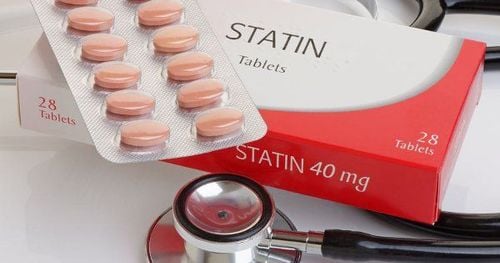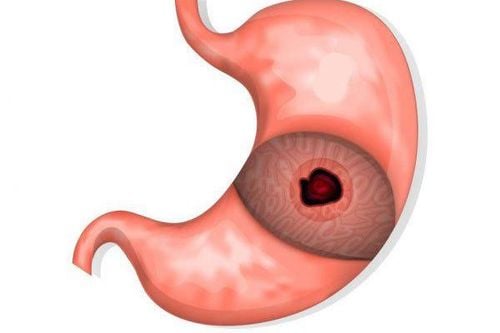This is an automatically translated article.
The article is professionally consulted by Master, Doctor Hoang Thi Hoa - Cardiologist - Department of Medical Examination and Internal Medicine - Vinmec Ha Long International General Hospital.Although not an acute disease, complications of dyslipidemia are very dangerous and greatly affect your health. Due to the silent process, many people do not pay attention to the clinical manifestations.
1. What is dyslipidemia?
Fats, along with proteins (proteins) and carbohydrates (carbohydrates), are the three main components of living cells. Cholesterol and triglycerides are fats in the body and provide energy.
Dyslipidemia is a condition that shows too high or too low levels of fat in the blood, including:
Increased levels of low-density lipoprotein (LDL - cholesterol or bad cholesterol); Reducing high-density lipoprotein (HDL - cholesterol or good cholesterol); Increased triglyceride levels. Dyslipidemia secondary to causes such as diabetes, nephrotic syndrome, uremia, hypothyroidism, liver disease, alcoholism...
Trắc nghiệm: Huyết áp của bạn có đang thực sự tốt?
Huyết áp cao hay thấp đều ảnh hưởng đến tình trạng sức khỏe con người. Để biết tình trạng huyết áp của bạn có thực sự tốt không, hãy làm bài trắc nghiệm sau đây để đánh giá.2. Clinical manifestations of dyslipidemia
Most people with high blood cholesterol have no symptoms and the only way to detect the disease is to have a blood test. However, some of the following clinical manifestations can help warn you to see a doctor right away:Unstable blood pressure An easy sign is when having dyslipidemia, the patient always feels tired, dizziness, indigestion, digestive disorders, unstable blood pressure (For adults, systolic blood pressure less than 120mmHg and diastolic blood pressure below 80mmHg is called normal blood pressure. If we see blood pressure changes often, we need to go to a doctor for examination and treatment (if any).
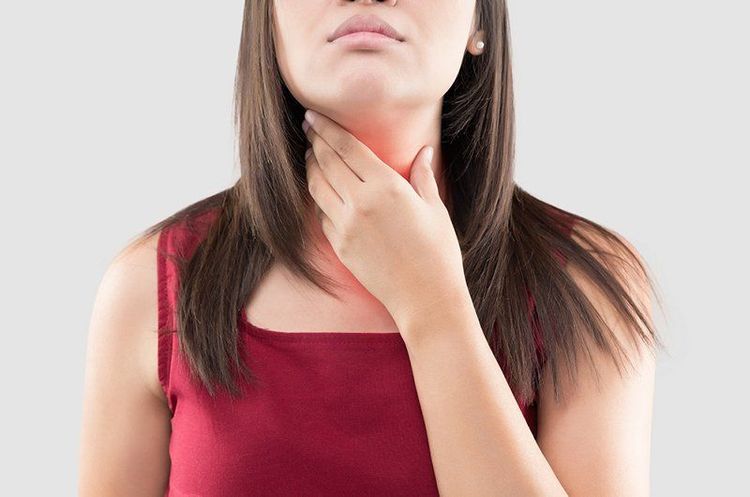
Bệnh lý suy tuyến giáp có thể gây ra tình trạng rối loạn mỡ máu thứ phát ở người bệnh
Leg pain, numbness and cold High cholesterol in the blood causes blood vessels to be blocked, blood cannot be brought to the legs, causing numbness, pain, swelling, tired toe joints. Not only that, due to anemia, the legs and feet are also more susceptible to cold. Therefore, when you see these symptoms in your legs, you need to see a doctor immediately to determine if the cause is due to dyslipidemia.
Chest pain There are normal healthy patients who only die from chest pain because they don't know that the root cause is dyslipidemia. Because angina due to fatty blood does not happen often, in a short time, it goes away without treatment.
Therefore, if you find this symptom recurs at any time, or you have chest discomfort such as pressure, tightness, fullness, lasting from a few minutes to several tens of minutes, you must see a doctor. right.

Triệu chứng đau ngực rất nguy với bệnh nhân bệnh rối loạn mỡ máu
Stroke When you have dyslipidemia, the triglyceride index is higher than the safe level, atherosclerotic plaques will interfere with blood circulation to the brain. From there, the brain lacks oxygen, leading to strokes.
3. Are you at risk for dyslipidemia?
If you are experiencing one of the following conditions, the risk of developing dyslipidemia will be higher than normal:
Diabetics: high blood sugar contributes to an increase in LDL-cholesterol and a decrease in HDL-cholesterol. High blood sugar also damages the lining of blood vessels; Family with a close relative with cardiovascular disease before the age of 50 in men or 60 years in women; There is a family history of cholesterol in the blood; Factors that increase the risk of coronary artery disease (eg, smoking, high blood pressure, obesity); Inadequate diet: eating a lot of saturated fat from animal products and trans fats found in biscuits; Fat; Large waist circumference: the risk is increased if you are a man and have a waist circumference over 102 cm or a woman with a waist circumference of at least 89 cm; Less exercise; Smoking damages the walls of blood vessels, causing the accumulation of fat in the blood vessels.

TÌnh trạng béo phì gây nguy cơ mắc bệnh rối loạn mỡ máu
4. What should be done to limit the complications of dyslipidemia?
To say no to hyperlipidemia, it is necessary to limit the intake of saturated fats that cause hypercholesterolemia. Saturated fats are found in fatty foods, milk and dairy products, fatty meats, butter, two vegetable oils, coconut and palm oils, fried foods, offal, meat. Red, cakes such as biscuits and cakes...
Replace foods high in unsaturated fats including: sunflower oil, soy milk, fish, some fruits, tubers... Scientists have proven that a handful of natural products are effective in lowering cholesterol. On your doctor's recommendation, consider supplementing with cholesterol-lowering products including:
Barley; Beta-sitosterol (in supplements and some margarines); Blond psyllium (found in seed pods); Oatmeal (in oatmeal and whole oats); Sitostanol (found in supplements and some margarines). It is necessary to limit alcohol consumption and smoking to reduce blood triglyceride levels. Exercise regularly and lose weight if you are overweight.

Người bệnh rối loạn mỡ máu nên hạn chế sử dụng rượu bia
Except for dyslipidemia due to genetic defects, other cases of dyslipidemia are mostly caused by obesity and physical inactivity. In particular, daily, should spend 30 minutes exercising, walking (should spend 150 minutes walking for a week). Elderly people, exercising by walking in the afternoon is the best. In addition, it is necessary to arrange reasonable study and labor time. Make sure you sleep at least 6 to 7 hours a day. For the elderly who can't sleep much, they can also make up for a nap...
These good habits, if maintained from a young age, will help prevent diseases such as high blood pressure and diabetes. sugar, obesity in old age. When using drugs to treat dyslipidemia, you should consult with your doctor in detail about the duration of treatment as well as the side effects of the drug.
Currently, dyslipidemia is increasing in all age groups. Therefore, everyone needs to pay attention to go for periodic screening to detect and treat promptly, avoid serious complications related to heart disease, stroke... General Hospital System Vinmec International currently has GENERAL HEALTH EXAMINATION packages for many different subjects at a reasonable cost.
Master. Hoang Thi Hoa has more than 10 years of experience in the field of Cardiology, especially in the field of cardiovascular emergency and echocardiography. Doctor Hoa used to be the Deputy Head of Cardiology Department of Quang Ninh General Hospital before working at Vinmec Ha Long International Hospital.
If you notice unusual health problems, you should visit and consult with a specialist.
Please dial HOTLINE for more information or register for an appointment HERE. Download MyVinmec app to make appointments faster and to manage your bookings easily.




